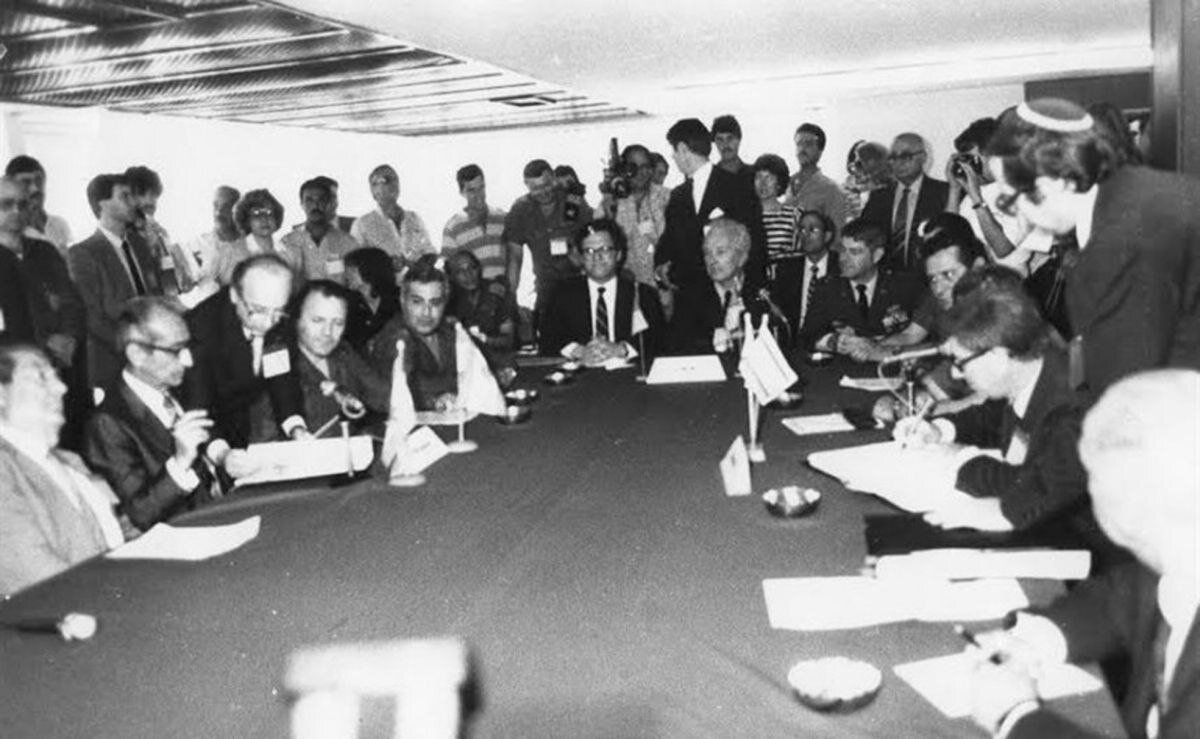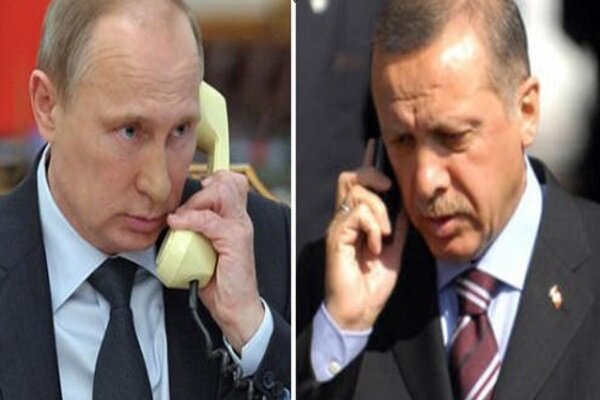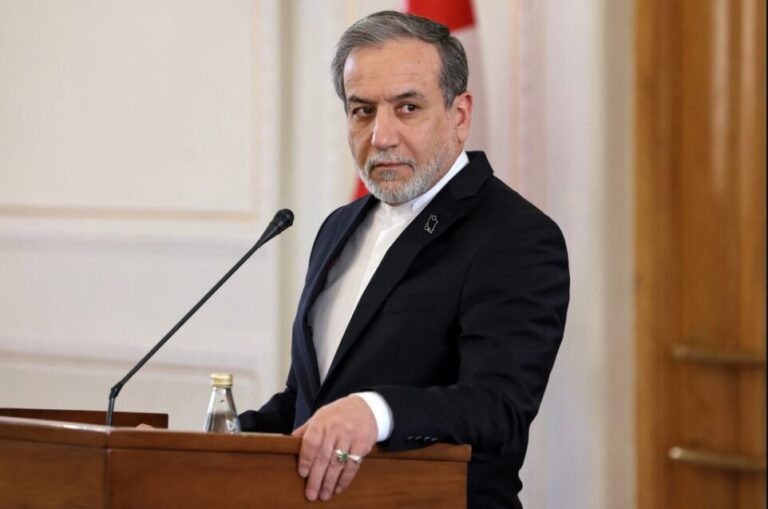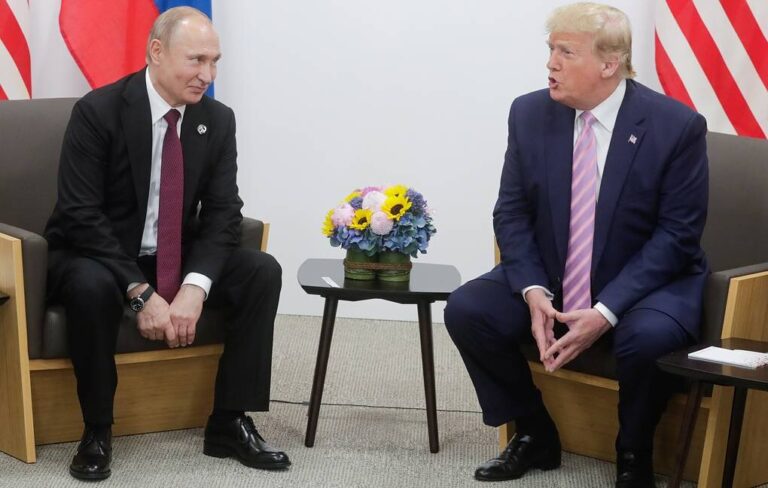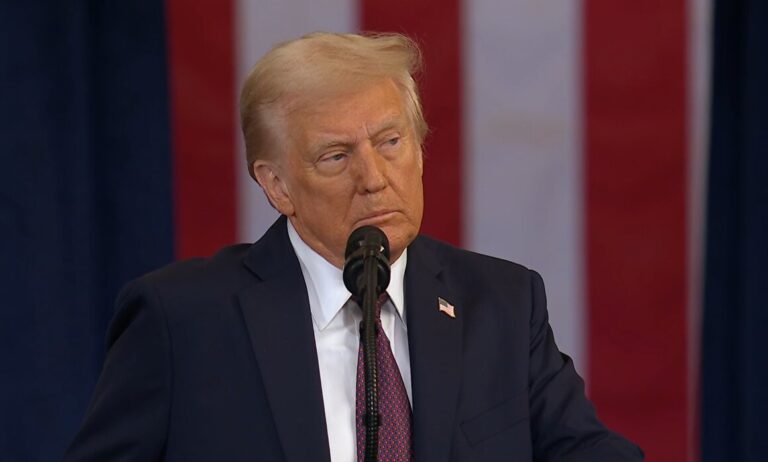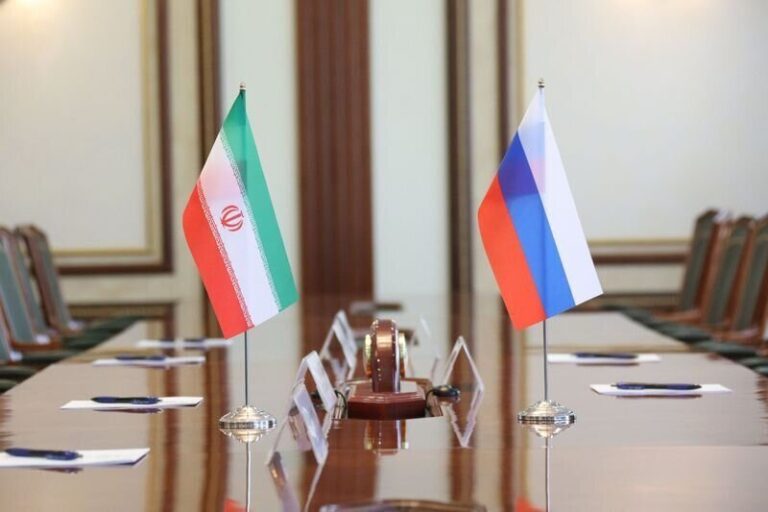Lebanon’s Unyielding Stance: A Defiant Resistance Against Israel
South Lebanon has a complex historical narrative, particularly regarding the political oligarchy that emerged during the French mandate. This oligarchy has often misrepresented the concept of the “decision of war and peace,” aligning itself with the interests of the Israeli occupation regime rather than the true sovereignty of Lebanon. The manipulation of national identity has perpetuated a sectarian quota system, demanding loyalty to Western imperialist powers.
Throughout its history, this political oligarchy has been tested by its ability to withstand both local and regional resistance. Its legacy is marred by bloody massacres and corrupt policies that have significantly impacted Lebanon’s socio-political landscape. This troubling trend can be traced back to the era of Camille Chamoun, Lebanon’s second president after its purported independence from French rule.
Chamoun’s involvement in the Eisenhower Pact and the subsequent intervention of the US Sixth Fleet in July 1958 underscores the political turmoil of the time. In the diaries of Dwight D. Eisenhower, the then U.S. president, we gain insight into Washington’s concerns regarding former Egyptian President Gamal Abdel Nasser. Eisenhower expressed apprehension over Nasser’s refusal to join the Baghdad Pact and his acceptance of the Eisenhower Doctrine, particularly after his successful defense during the Tripartite Aggression against Egypt in 1956.
Washington’s fear stemmed from the belief that Nasser’s control over oil resources could facilitate his vision of Arab unity, which was seen as a direct threat to the security of the Zionist entity. Eisenhower’s diaries reveal the underlying reasons for the first American intervention in Lebanon, which involved a significant military presence, including 70 ships, hundreds of aircraft, and around 14,000 troops.
During this tumultuous period, Major General Fouad Chehab, the Lebanese Army Commander at the time, voiced his concerns. In response, U.S. Presidential Envoy to Lebanon Robert Murphy issued a chilling threat: “The aircraft carrier Saratoga, stationed off the coast of Beirut, has any of the aircraft on board that could be loaded with nuclear weapons, and it could wipe Beirut and its suburbs off the face of the earth in a single minute.”
As crises persisted in Lebanon, the political landscape shifted with the Gemayel family assuming the presidency. The book “1982 – Lebanon, the Road to War” highlights a pivotal decision made in 1976 by Bashir Gemayel, the leader of the Lebanese Phalange Party, to collaborate with Israeli Prime Minister Yitzhak Rabin.
On September 14, 1982, Bashir Gemayel was assassinated by Habib Shartouni, a significant event that marked a turning point in Lebanese politics. This assassination occurred shortly after Gemayel had ascended to the presidency, a position he had famously achieved with the support of Israeli military forces. Following his death, his brother Amin Gemayel took over the presidency.
The day after Bashir’s assassination, Israeli War Minister Ariel Sharon visited Bikfaya, the stronghold of the Lebanese Phalange Party, to offer condolences to Pierre Gemayel, Bashir’s father. The conversation highlighted the deep ties between the Gemayel family and Israeli leadership, with Pierre expressing his commitment to continue his son’s mission. Sharon, however, emphasized that his visit was merely to offer condolences to a friend.
This period coincided with the signing of the humiliating “May 17 Agreement,” which was met with resistance from various factions within Lebanon. During this time, Hezbollah’s founding members met with Imam Khomeini, who encouraged them by stating, “Your situation is not more difficult than ours in Iran. The Shah was even much stronger. However, with reliance on God, determination, and the will of the people, we were able to overcome this Shah. In Lebanon, you can rely on God Almighty and victory will be yours. Patience and endurance are essential. I see the banner of victory hanging on your foreheads.”
The actions of Chamoun and the Gemayel brothers serve as examples of the broader Lebanese resistance, both political and military, which ultimately led to the cancellation of the May 17 Agreement and the withdrawal of Israeli forces, marking a significant defeat for the occupiers.
Despite these historical challenges, the discussion around “the decision of peace and war” continues to be leveraged by the US-led Israeli alliance against Lebanon. This ongoing dialogue often includes rhetoric about “redrawing the map of the Middle East” and calls for the “disarmament of Hezbollah.”
In the current climate, as the official Lebanese body tasked with “the decision of peace and war” struggles to assert itself, the resistance stands as the only credible force capable of confronting external aggression and thwarting expansionist designs.
